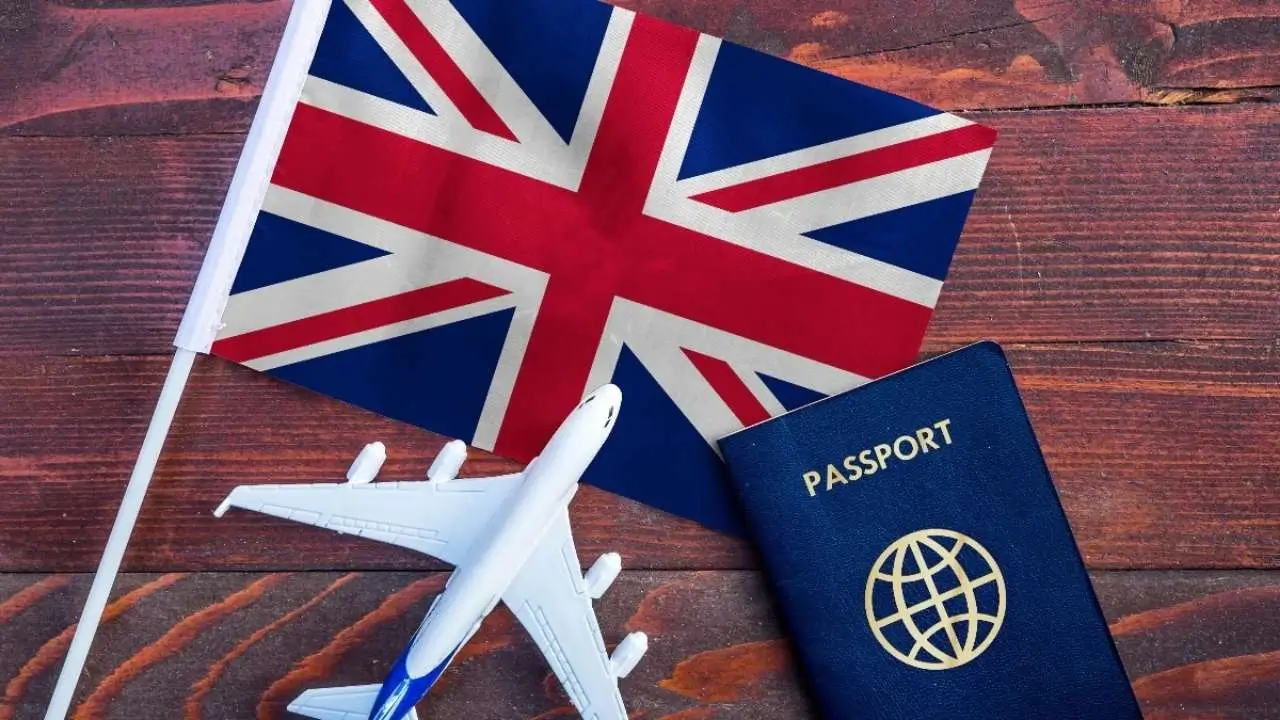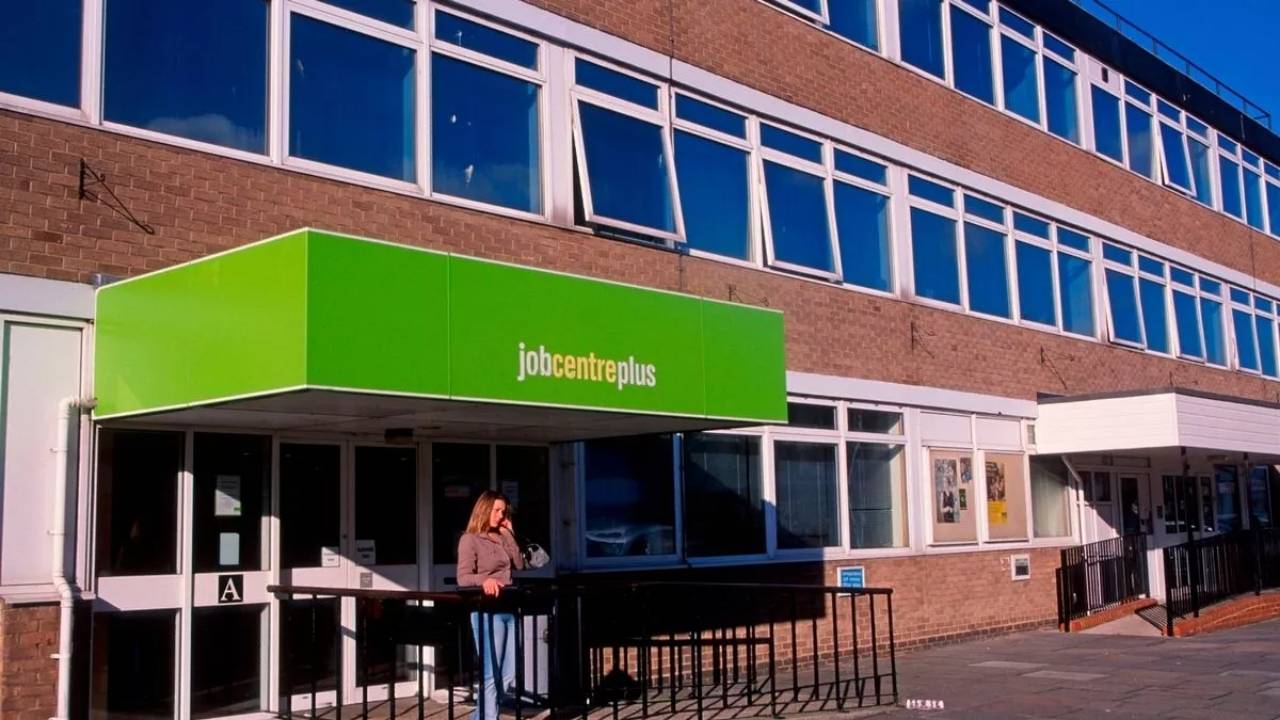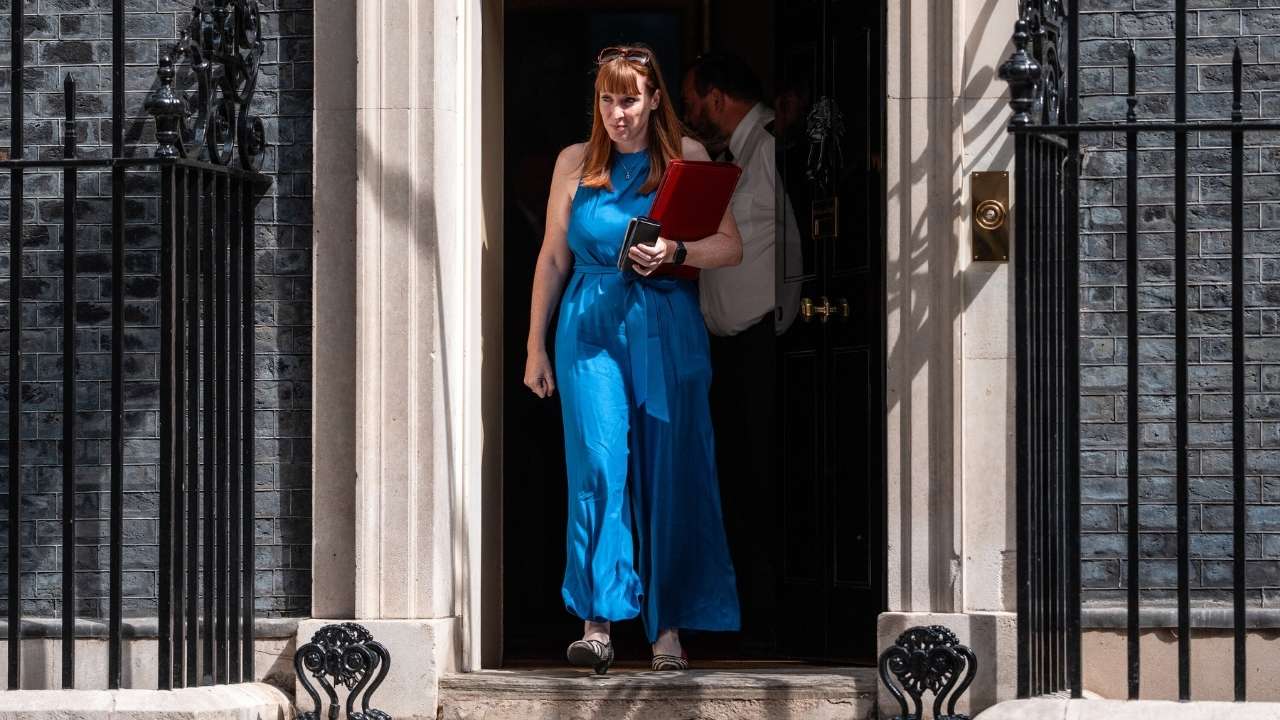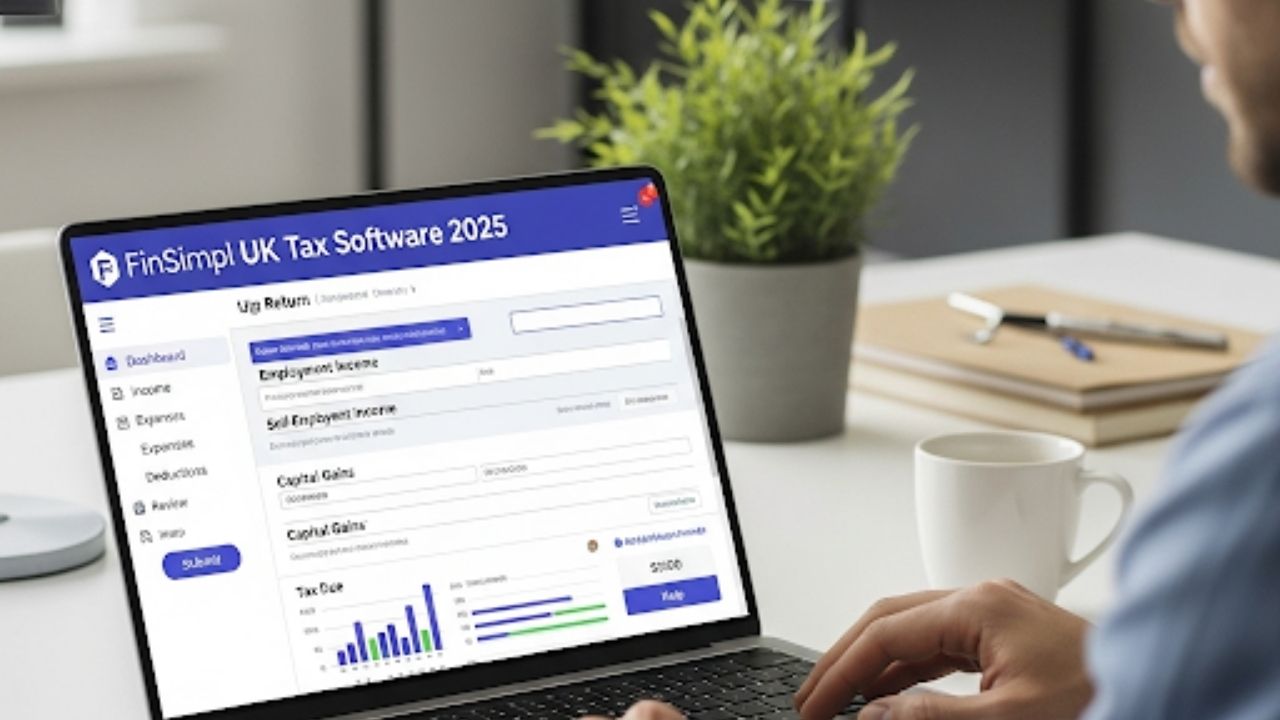The United Kingdom government has implemented significant increases to immigration and visa application costs, a move affecting millions of workers, students, and families. This policy, designed to raise funds for public services, comes as new figures from the Office for National Statistics (ONS) show UK government borrowing remains at levels not seen in decades, raising questions about the nation’s long-term fiscal health.
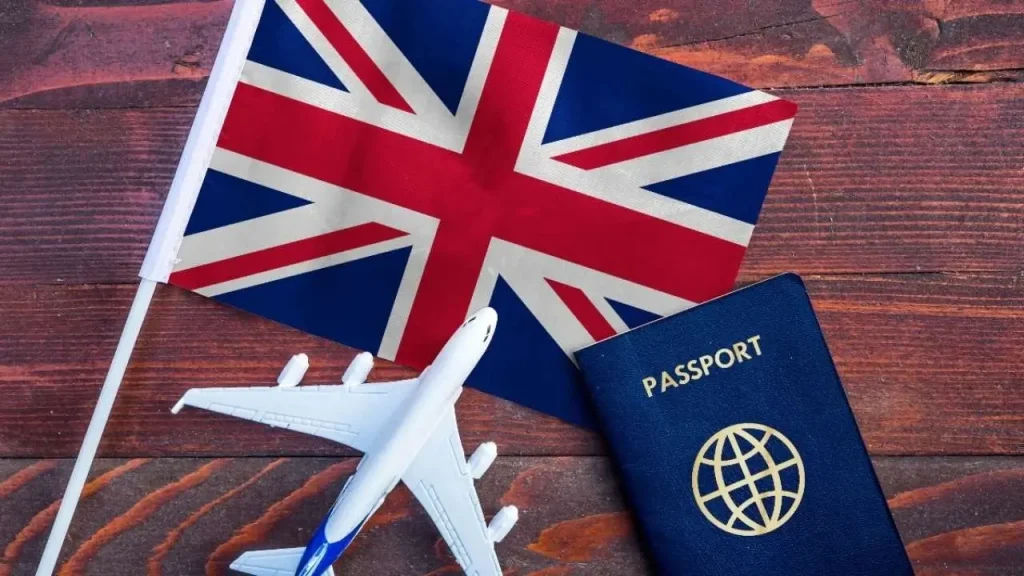
The New Cost of UK Visas
The government has confirmed a range of fee increases for most visa applications, as well as a substantial rise in the mandatory Immigration Health Surcharge (IHS). The IHS, which grants temporary migrants access to the National Health Service (NHS), has increased by 66%. For example, the annual charge for students and youth mobility scheme applicants has risen from £470 to £776, while the fee for most other visa applicants has gone from £624 to £1,035.
These changes mean that a skilled worker applying for a three-year visa will now face thousands of pounds in upfront costs before they can begin work in the UK. The government defended the move, stating it is a necessary step to fund public sector pay rises and ensure the immigration system is financially sustainable.
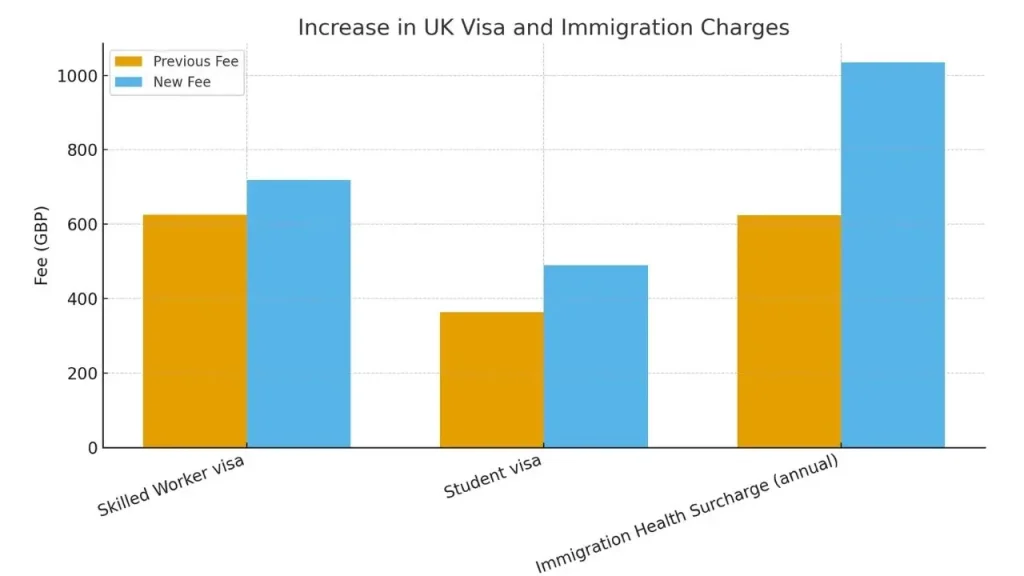
In an official statement, a Home Office spokesperson said, “It is right that those who use our public services, like the NHS, make a fair contribution to their running costs. This ensures the burden does not fall on the British taxpayer and allows us to fund vital services and public sector wage increases.”
Context: Soaring UK Government Borrowing
The fee hikes are set against a backdrop of severe pressure on the UK’s public finances. According to the latest data from the ONS, public sector net debt remains over 97% of the country’s annual gross domestic product (GDP)—a level last seen in the early 1960s. While monthly borrowing figures can be volatile, the overall trend points to a significant structural deficit.
The Office for Budget Responsibility (OBR), the UK’s independent fiscal watchdog, has repeatedly warned that the nation’s debt is on an unsustainable path. Higher inflation and interest rates have significantly increased the cost of servicing this debt, adding tens of billions of pounds to annual government expenditure.
“The government is facing immense fiscal pressure,” explained Dr. Ben Zaranko, a senior research economist at the Institute for Fiscal Studies (IFS). “While raising visa fees contributes to revenue, it is a relatively small measure in the context of the overall budget challenge. The fundamental issues are slower economic growth and higher spending pressures.”
Impact on Individuals and UK Competitiveness
Critics argue that the steep increase in UK visa fees could damage the country’s ability to attract global talent. Universities UK, a body representing British universities, has expressed concern that higher costs could deter international students, who contribute an estimated £41.9 billion to the UK economy annually.
Similarly, business groups have warned that making it more expensive to hire skilled workers from abroad could hinder growth, particularly in sectors like technology and healthcare that rely on international recruitment.
“This is a tax on talent,” said Sarah Smith, a London-based immigration solicitor. “We are seeing skilled professionals and even essential healthcare workers reconsidering their decision to move to the UK due to these prohibitive upfront costs. For a family of four, the total amount can easily exceed £10,000, which is a huge financial barrier.”
The government maintains that the changes bring the UK’s charges more in line with those of other countries, such as Australia and the United States. However, the policy’s full impact on immigration numbers, economic growth, and the UK’s reputation as a welcoming destination for skilled migrants will only become clear in the coming months.
UK Cost of Living Payments 2025: How to Automatically Get Up to £500
Government Now Paying for Skilled Worker Visas with Credit Cards — Here’s Why
State Pensioners Could Claim 15 Years’ Back Pay: But You Must Act
FAQs
1. Why have UK visa fees and the Immigration Health Surcharge increased?
The UK government has stated the increases are necessary to fund public sector pay rises and to ensure that migrants contribute fairly to the cost of the National Health Service (NHS) and other public services, reducing the burden on UK taxpayers.
2. How much is UK government borrowing?
According to the Office for National Statistics (ONS), public sector net debt is currently over 97% of the UK’s GDP. This means the country’s debt is almost as large as its entire annual economic output.
3. Who is most affected by these fee increases?
The fee increases affect most non-UK citizens applying for visas to work, study, or join family in the UK. This includes skilled workers, international students, and their dependents. Short-term visitors on tourist visas are generally not subject to the Immigration Health Surcharge.

